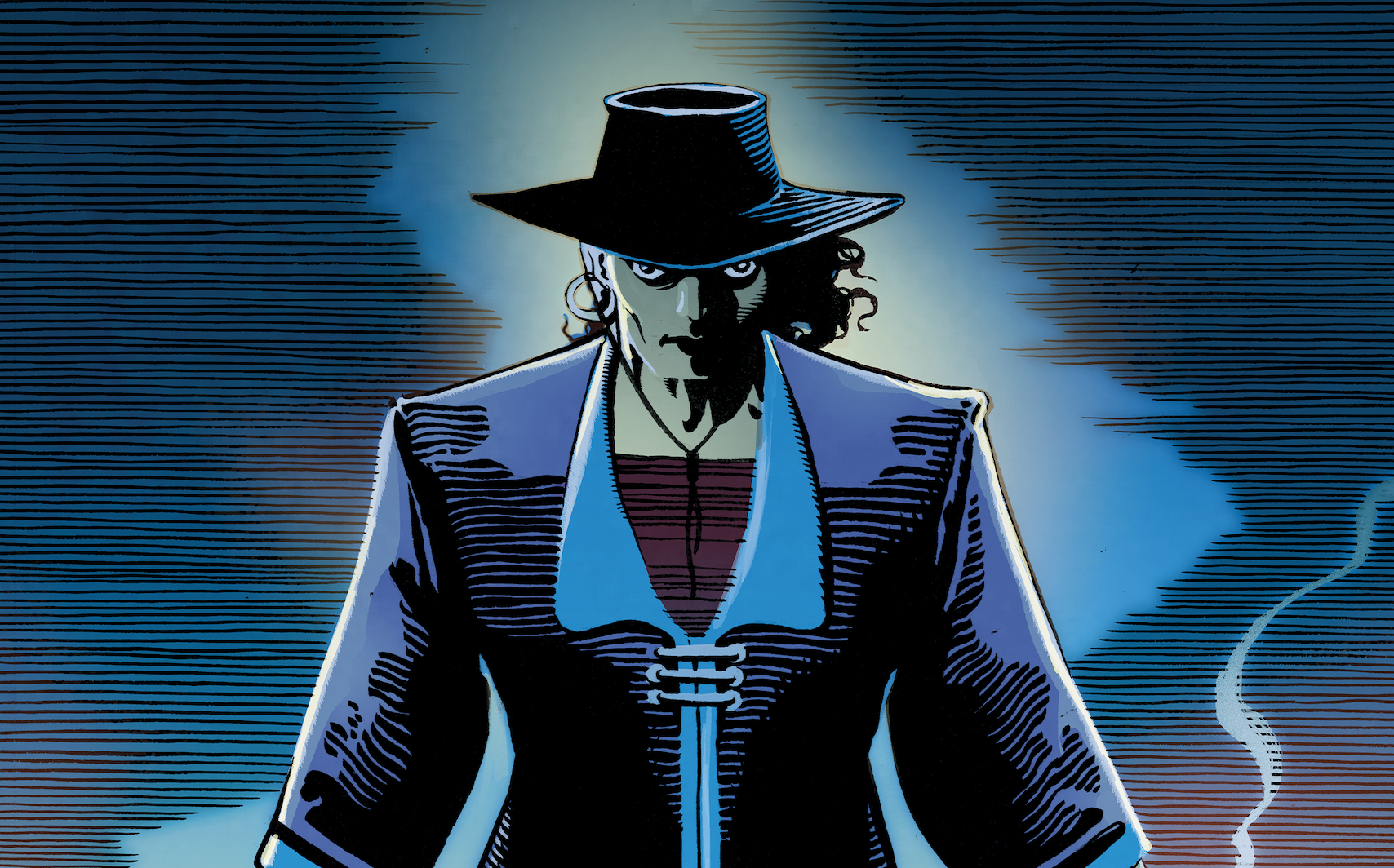
If there was ever a time in our modern history when we need unity, it is now. In our politically, culturally, and physically divided world, it can be easy to retreat to our tribes, and often for good reason. But there is also plenty of space for messages about unity to remind us of the common good among us as human beings.
Malaysian musician Amirah is an artist who believes in the message of unity wholeheartedly and is using her talents to spread that message wherever she can. The award-winning singer/songwriter grew up in Malaysia and blends traditional Eastern sounds with more modern Western pop music, showing unity through the medium of music.
Both of her latest singles ‘You Are My Land’ and ‘Tell Me’ are cinematic in scope with luscious live strings and modern pop drums. Originally composed in Malay, her music explores faith, freedom, and the endless search for meaning for who we truly are as a people. Amirah’s lyrics speak specifically to women of color who fight for their dreams, as she confidently creates her inspired music and stays loyal to her heritage.
We spoke with Amirah to go deeper into some of these themes to learn more about her music, her background, and her message.

Tell us about your journey into music – where did it all start for you?
I was a very introverted child growing up. I gravitated toward my grandfather’s rusted piano which he bought for my mother when she expressed interest in learning to play. Eventually my mother enrolled me in piano lessons which I am eternally grateful for. I started composing small piano pieces as a child and later picked up the cello, an instrument I have come to adore. I eventually became a songwriter, composing songs for other artists and various projects. One of the songs I composed and actually sang myself, a song calling for unity, caught the attention of the national news in Malaysia. Due to this twist of fate, I was encouraged to sing my own songs.
Growing up in a Malaysian family you have been influenced by a number of cultures. Can you tell us how that defined your sound and you as an artist?
I am very proud of my biracial heritage. Growing up in a melting pot of cultures such as Malaysia definitely shaped my sound and who I am as an artist. I was exposed to both Malay and Indian cultures at home and learned to appreciate, understand and love them both. Music, language, dance, and the fusion of foods in Malaysia are absolutely out of this world. There is nowhere else I have seen where a person can experience so much fusion and diversity in a single nation. However, this also raised many questions regarding my identity. How can I be both modern and embrace my cultural roots? Why do I have to choose? This sparked my journey in experimenting and fusing traditional Eastern instruments into my cinematic pop music today.
You are also an activist who wants to give greater representation for women of color especially. What are some of the causes you are passionate about?
I am a feminist and have been since I was a child, by default. I questioned everything that I found unfair in terms of how I was treated, especially compared to boys. Being unfairly treated due to my gender damaged my self-esteem and for the longest time, I wished I could be a boy and receive fair treatment and the same freedoms. I remember telling a relative that I wanted to be a doctor, only to be told that if I did, I would be too old to get married and no man would want me. Some of my school teachers told me I was too dark skinned, which was equated with being ugly, and they asked me to stay away from the sun. I was also taught to be shameful of my body as a woman. It was very lonely not having anyone to discuss these topics with, and I never met anyone with a similar mindset as a child and teenager.
I have now grown to love my beautiful skin color and my body. I look up to Zainah Anwar, a Malaysian female activist. As a teenager, I loved reading her articles and held them close to my heart. They gave me a glimpse of hope that there were other people out there who think like me too. I have always believed that men and women are equal and that they deserve equal rights, opportunities and respect – at home, at work and in their communities. Having the first female, African American, South Asian Vice President in America will help further this cause and inspire many females and young girls. It’s about time!
Tell us about your latest singles “You Are My Land” and “Tell Me”. What are the messages behind them?
I was literally in tears when I composed “You Are My Land” on the piano. The song is about my love for my country, Malaysia, and the pain of watching it be torn apart due to power, greed and corruption. I also thought about people from other countries who had to flee their homeland due to war. With the worldwide pandemic and people being uprooted and displaced, I feel people can relate to this song’s message. I have been very touched by the positive, heartfelt responses and comments from people all around the world.
“Tell Me” is the English version of my song “Katakanlah”, which asks people to question who we truly are. Are we our name? Our face? With the call for racial equality and unity, I think it is critical for people to start asking these important questions. Why do we hurt other people simply because of the color of their skin? Or because they believe in a different religion? When we hurt others, we only end up hurting ourselves, and humanity and the planet pay a devastating price. During times of pain, it’s important for us to realize that we are not alone. Sometimes, that is enough for the healing process to begin and for us to unite and do things differently for a better future.
How do you balance wanting to stay true to your heritage with the often narrow confines of the music industry and what is considered “pop music”?
This is something I used to grapple with, and I still do in many ways. I feel frustrated when I hear music start to sound generic. There was a time when I could not listen to the radio for several years because of this. Thanks to the internet, more and more of us are able to express our true creative vision musically without being pigeon-holed. Genres are getting blurred and alternative sounds are becoming more accepted.
The world is our audience now, not just a particular geographical location. I work really hard to stay true to my vision and not let genre classification dictate how my music should sound. If we all did that, can you imagine how many more amazing songs and masterpieces would have been created? I understand the need for genres in terms of music distribution, but they should not influence the artistic creation itself. I ask myself everyday to ensure that I am always serving the music first and to never shortchange my creative vision.
Your lyrics explore faith, freedom, and the need to find meaning. Can you share more about this, and why it has become an important part of your music?
I’ve always had a curious mind since I was a child. I questioned everything. I think the reason why is because freedom is extremely important to me. I have struggled with this most of my life as a biracial, autistic woman of color. Personally, I always turned to songwriting during my loneliest, most isolated, and painful times. The times when I felt misunderstood and did not belong. It is in songwriting where I express my pain, my struggles and my truth. Sometimes I feel that music is the only thing that truly understands me.
Who are some of your musical heroes, and why?
Some of my musical heroes are Jacquline Dupre, Ryuichi Sakamoto, Anoushka Shankar, Yo-Yo Ma and Tan Sri P. Ramlee. Each of them have endured very difficult challenges in life, some extremely tragic. Jacquline Du Pre had to tragically stop playing the cello due to multiple sclerosis. Tan Sri P. Ramlee died penniless in Malaysia despite his large body of artistic work and multiple talents in music and film.
Ryuchi Sakamoto is my favorite composer who endured and defeated throat cancer. I can’t imagine being a composer and not able to comfortably sing with my own voice. None of them gave up on their “personal legend” and always strived for greatness. I have a great admiration for cellist Yo-Yo Ma for creating The Silk Road Ensemble to spread the message of unity. I also admire Anoushka Shankar for her courageous collaborations and breaking down barriers as a female sitarist.
We live in such a divided country, and world. How do you hope to unite people with your music?
I always remember what my cello teacher said, that music has the power to alter people’s emotions, and that we must remember that as musicians, we are responsible for that power. Do we want to create music that would promote harm and conflict? Or do we want to create music that would help people feel connected and heal? Music is very powerful because it has the ability to transcend boundaries.
There is at least one situation where you can find people with opposing beliefs unite and come together in celebration – a music concert. During a concert, people forget their cultural and political identities, unite in the magic and spirit of the music. Even if it’s only for a night. I hope to pose questions in people’s minds through my music, and help them realize that we are all the same and that we all want the same things.
What can listeners look forward to next from you?
I am working on releasing a few more songs next year and completing my album. I share a lot of behind-the-scenes content on social media, especially on Instagram. I started a Facebook private group for like minded people to share their diversity/multicultural experiences, challenges and celebrations, as well as help spread the message of unity. I have also been designing my own East meets West clothing line as well as working on releasing a miniseries of East meets West Youtube videos. People can check out my latest creations at amirah360.com.
You can follow Amirah on Instagram, Facebook, Twitter and Tiktok.


















One thought on “Malaysian Singer Amirah Blends Traditional With Modern Sounds In Her Female Empowerment-Focused Music”
Comments are closed.